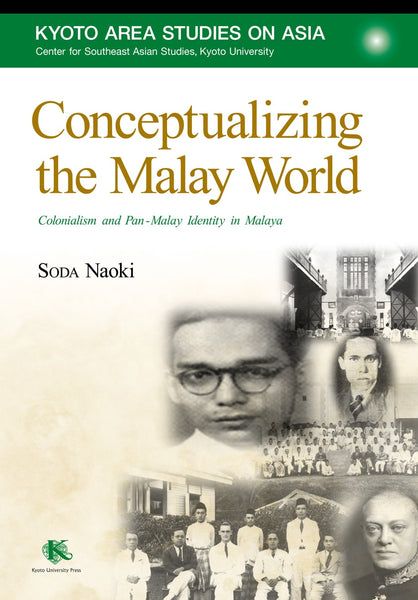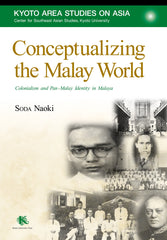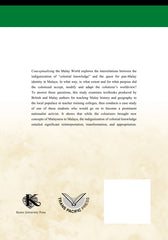Conceptualizing the Malay World
Many In Stock
Conceptualizing the Malay World explores the interrelations between the indigenization of "colonial knowledge" and the quest for pan-Malay identity in Malaya. In what way, to what extent and for what purpose did the colonized accept, modify and adapt the colonizer's worldview? To answer these questions, this study examines textbooks produced by British and Malay authors for teaching Malay history and geography to the local populace in teacher training colleges, then conducts a case study of one of these students who would go on to become a prominent nationalist activist. It shows that while the colonizers brought new concepts of Malayness to Malaya, the indigenization of colonial knowledge entailed significant reinterpretation, transformation, and appropriation.
About Editors and Authors
SODA Naoki is Professor at the Institute of Global Studies, Tokyo University of Foreign Studies. He specializes in modern Southeast Asian history and Malaysian political and social history. After completing a Master's degree at Kyoto University, he studied abroad at the National University of Malaysia (UKM) from 1996 to 1999. He received his PhD in Area Studies from Kyoto University in 2008, and served at the Tokyo University of Foreign Studies as Lecturer in 2002 and as Associate Professor in 2006, before taking up his current position in 2019.
Table of contents
Tables
Photos
Abbreviations
Maps
Acknowledgements
1 Introduction
2 Malay Vernacular Education in British Malaya
3 Knowledge and Experience:
The Case of the Sultan Idris Training College
Show More >
Tables
Photos
Abbreviations
Maps
Acknowledgements
1 Introduction
2 Malay Vernacular Education in British Malaya
3 Knowledge and Experience:
The Case of the Sultan Idris Training College
4 The Malay World in Textbooks:
The Transmission of Colonial Knowledge
5 Ibrahim Haji Yaacob and Pan-Malayism:
The Appropriation of Colonial Knowledge
6 Melayu Raya and Malaysia:
Contested Pan-Malayism
7 Conclusion
Appendix
Notes
Bibliography
Index


